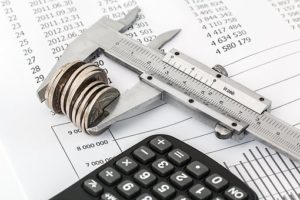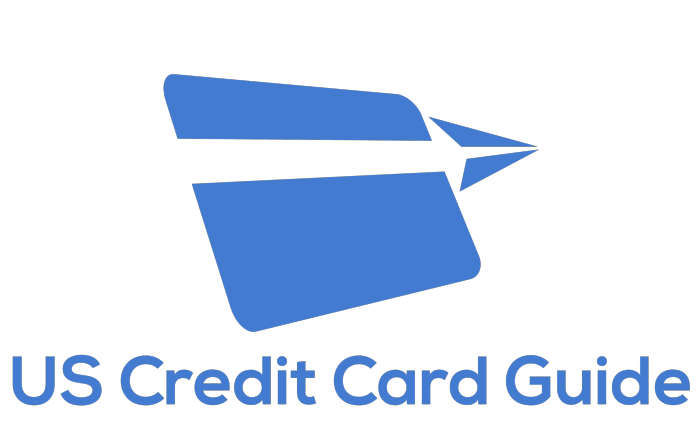Tag: income
How to Create A Good Budget
Creating a budget is easy, but creating a good budget needs extra work and dedication. Whether you are creating the budget for yourself, your business, or any other endeavor, there are things you need to do to ensure that it is a success. Here are tips to guide you in creating a good budget.
Know Your Income

Even though this might seem obvious, those who don’t have a formal job may not exactly know their net income. Knowing one’s income is helpful in creating a good budget. Your net income is what you get after subtracting mandatory deductions such as 401(k), taxes, Social Security, etc. from your gross income.
Your net income is what you will use in creating your budget. If you have additional income from freelancing, a second job, etc. add it to the net income. If you don’t have a formal job, then you need to track the average of what you earn monthly and use that as the net income.
Review Regularly
From time to time have a look at the goals you set and see how much you have accomplished. This will not only help you stay in tracking your expenses but also inform you of the other adjustments you need to make.
Having helps you have a healthy relationship with your money. These tips will definitely guide you in achieving this.
Track Your Expenses

It is necessary for you to know where your money goes. Doing this helps you know where to make adjustments and motivate you to reduce your spending. List all fixed expenses such as rent, school fees, mortgage, loan, etc. You are less likely to cut your spending on these, but understanding how much you spend on them is helpful in your budget-making process.
Next, list all the variable expenses such as food, entertainment, and utility bills. This is where you will be able to cut your expenses. Use your bank statement to make it easier for you to calculate these expenses. You might be surprised by how much you spend eating out while you could spend less by cooking at home from time to time.
After this, buy a notebook or create a spreadsheet and always record your daily spending so as to stay on top of your budget. Having to note the expenses down will make you have second thoughts before making an impulse purchase. Subtract your monthly expenses from the monthly income. The balance is your overage if positive and shortfall if negative.
List Your Goals
Categorize your financial goals into long-term and short-term goals. Short-term goals are those taking less than 12 months to be accomplished, while the rest are long-term goals. Goals are bound to change from time to time, but knowing what your priorities are will help you in making your budget allocations.
This knowledge also acts as a driving force for you to cut your spending. Set realistic goals on savings and debt payoffs. If you have a shortfall, you will first …





